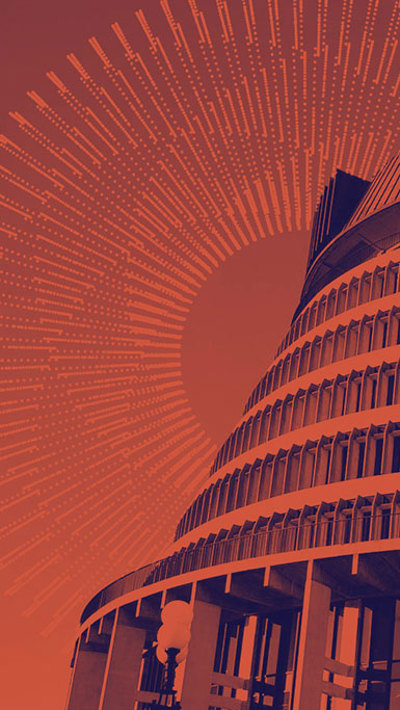Contents
The Commerce Commission has developed new guidance, and officials are creating a new “provisional authorisation” process, to apply during the pandemic to collaborations between competitors.
Australia has a similar “interim authorisation” mechanism as part of its permanent tool kit, and we see value in taking this opportunity to do the same thing here.
The new guidance
This guidance is aimed at businesses looking to collaborate lawfully about essential goods and services in response to COVID-19.
The guidance provides:
- a list of fairly specific factors that indicate whether the collaboration is likely to be lawful
- a pledge from the Commission to provide senior staff to help businesses self-assess the lawfulness of their proposal, and
- a list of factors that the Commission considers to determine whether to enforce against the conduct.
In effect, the Commission is contemplating providing businesses with informal comfort that it will not take enforcement action (subject to conditions). This comfort may provide businesses with sufficient confidence to advance the collaboration without engaging in a more complex formal process that can lead to legal immunity (clearance, authorisation).
The guidance also provides reminders:
- of options for collaborating where doing so does not involve essential goods and services (and foreshadowing possible further guidance for these circumstances), and
- that the Commission will not tolerate unlawful collusion, or “conduct which opportunistically seeks to exploit consumers”. This is an important message. The Commission is not loosening the rules. Even if it wanted to, that would be beyond its brief. It is providing a pragmatic response to a particularly difficult situation.
The proposed new law
The key change is the introduction of “provisional authorisation” for cartel provisions, during the “epidemic period” i.e. until 6 months after the Epidemic Preparedness (COVID-19) Notice 2020 is revoked.
This law change should allow for a process that is quicker than a full authorisation, although likely longer than the informal engagement described above, with the advantage of providing applicants with the legal certainty that informal engagement cannot.
An “interim authorisation” process is available in Australia at all times, and we think there would be a place for it here too, but permanently rather than just during the epidemic period. Chapman Tripp has made a submission to the Epidemic Response Committee on the COVID-19 Response (Further Management Measures) Legislation Bill. Read our submission here.
The select committee report is due tomorrow (Tuesday 12 May).
Chapman Tripp comment
Based on our experience in recent weeks, rival businesses needing to collaborate urgently, particularly at the direction or request of government, will find that informal Commission engagement is likely to remain the only realistic possibility.
For providers of essential goods and services, the guidance helps shape how that engagement will proceed, and what sort of outcome can be expected.
Once the new law is in place, the Commission may be tempted to point parties to provisional authorisation rather than accept informal engagement – e.g. where it has doubts about the urgency of the conduct. While the Bill is a useful initiative that will give the Commission further flexibility to respond to COVID-19, we think it will be important not to lose the benefits of the current pragmatic approach being taken by the Commission.



















